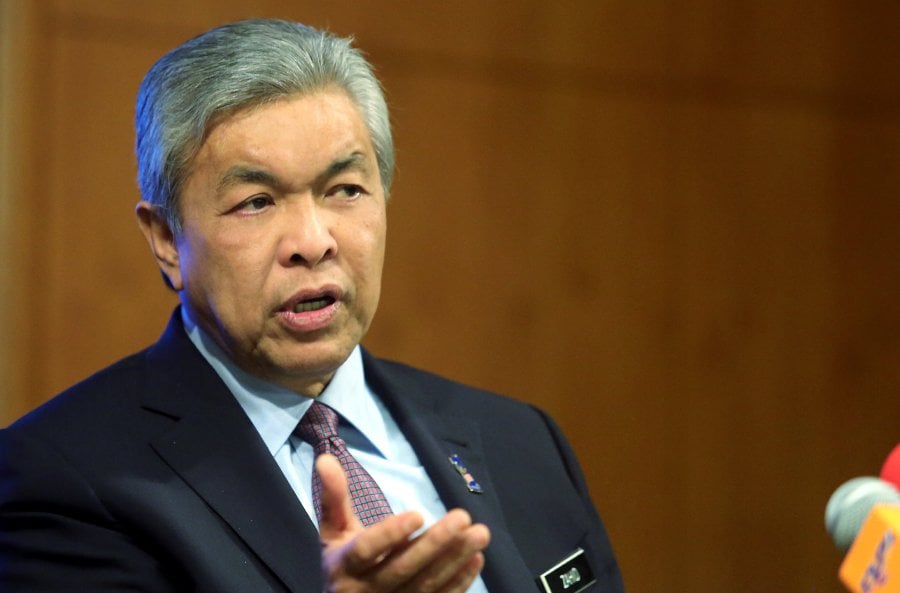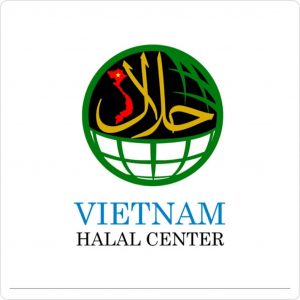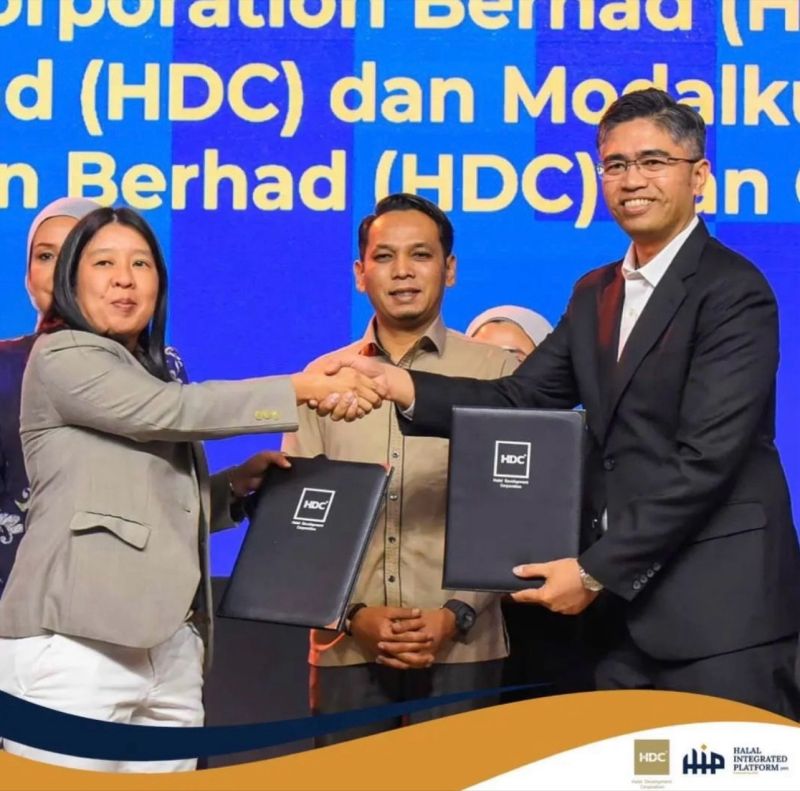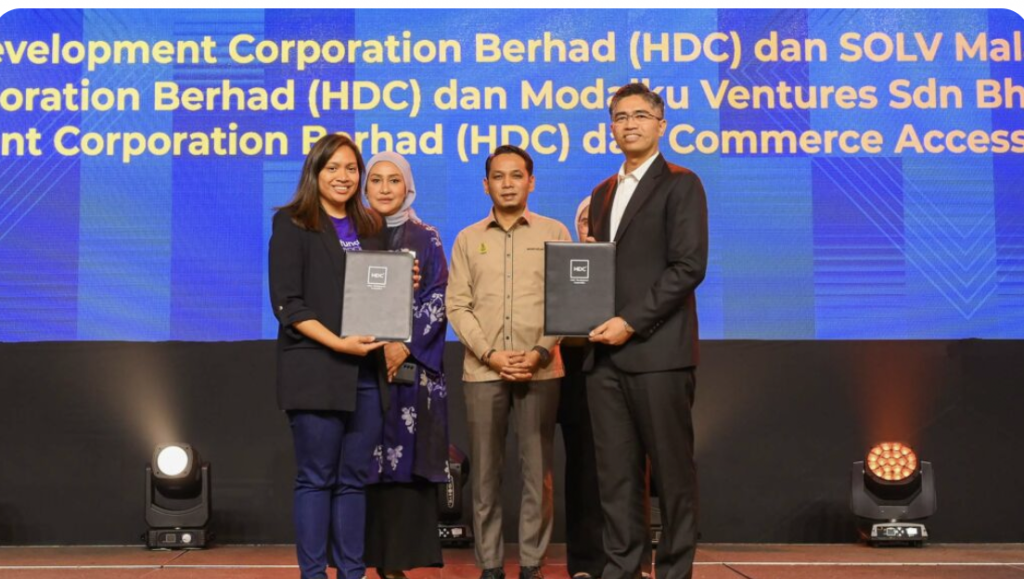
PUTRAJAYA: The government today called on multinational companies (MNCs) and large local companies (LLCs) to take on a bigger role in assisting small and medium-sized enterprises (SMEs) involved in halal products in the country.
Deputy Prime Minister Datuk Seri Dr Ahmad Zahid Hamidi said the links involving MNCs, LLCs and SME were crucial to help SMEs expand their markets abroad.
“This will further develop and market their halal products and services internationally. I hope more MNC and LLC can work towards identifying potential local SMEs to be their suppliers.
“The assistance maybe in helping the SMEs upgrade their processes and products through transfer of technology especially in critical technical and commercial aspects of doing business in the global market.
“This can help local SMEs gain access into key export markets which are typically more challenging and demanding,” he said in a statement.
Zahid said from RM42.1 billion worth of total exports last year, MNCs contributed RM36.9 billion while SME only contributed RM4.01 billion
“This huge gap needs to be addressed,” he said.
Zahid said this matter was raised in the halal industry roundtable dialogue session with the MNCs which he chaired on Sept 11.
Other matters discussed included ways large corporations such as the MNCs, LLCs and government-linked companies could support local SMEs in the halal industry.
The dialogue also gathered information on issues and challenges faced by large corporations in supporting the development of local companies and finding solutions.
The dialogue was organised by the Halal Industry Development Corp as part of the development of the Halal Industry Master Plan 2.0 (HIMP) 2018-2030, which is expected to be launched by year-end.
Meanwhile, Zahid said the HIMP 2.0 would focus on addressing existing gaps and strengthening areas identified as a priority within the halal industry.
He said this included formulation of uniformed halal policies and legislation; expanding International Halal Footprint and connectivity; strengthening capacity building and enhancing capabilities of local halal companies through Halal Enterprise Development programmes
“As well as branding and promoting halal and enhance human capital development in halal through talent and upskilling programmes,” he said.



